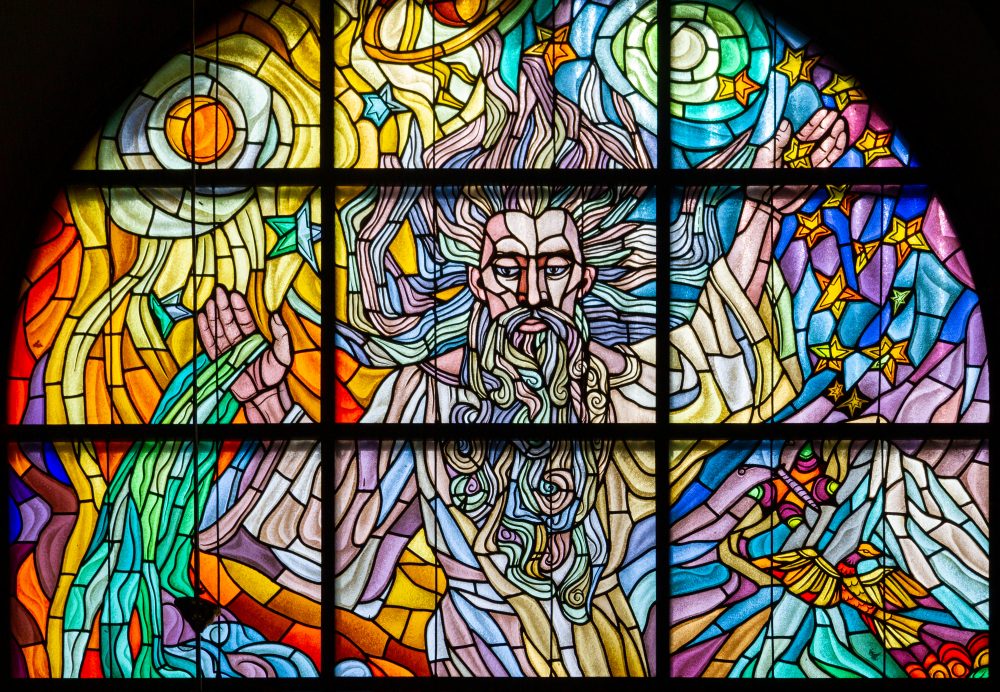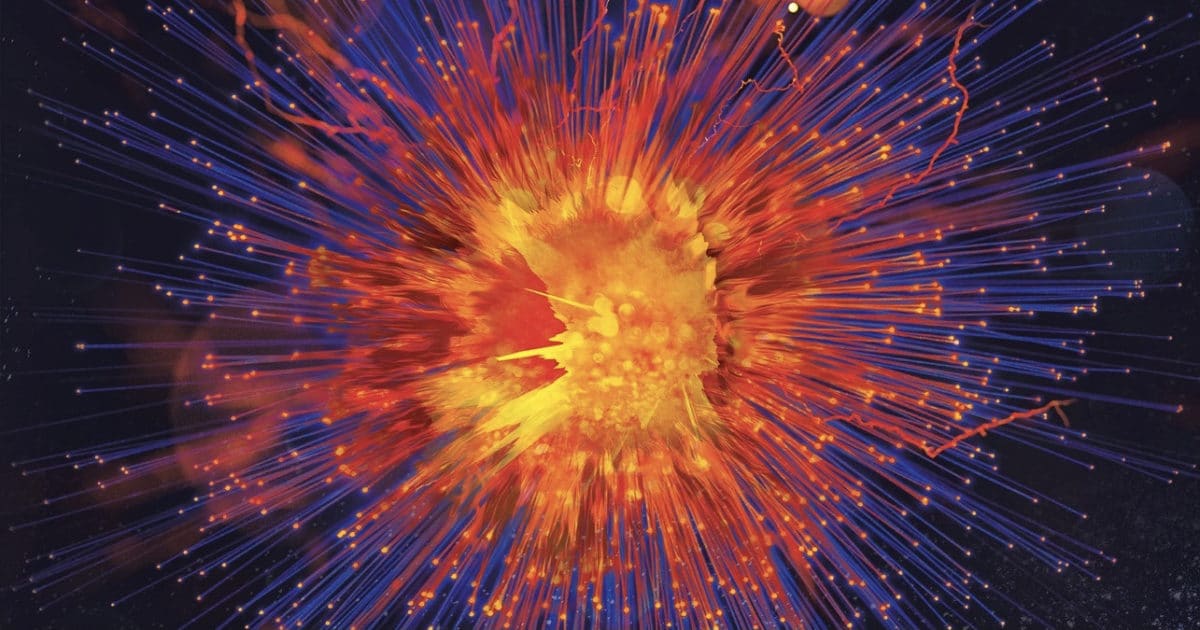
Archives


Anthropic Fine-Tuning as Evidence of Design

The Logic of Design Detection

The Origin of Life and the Information Enigma
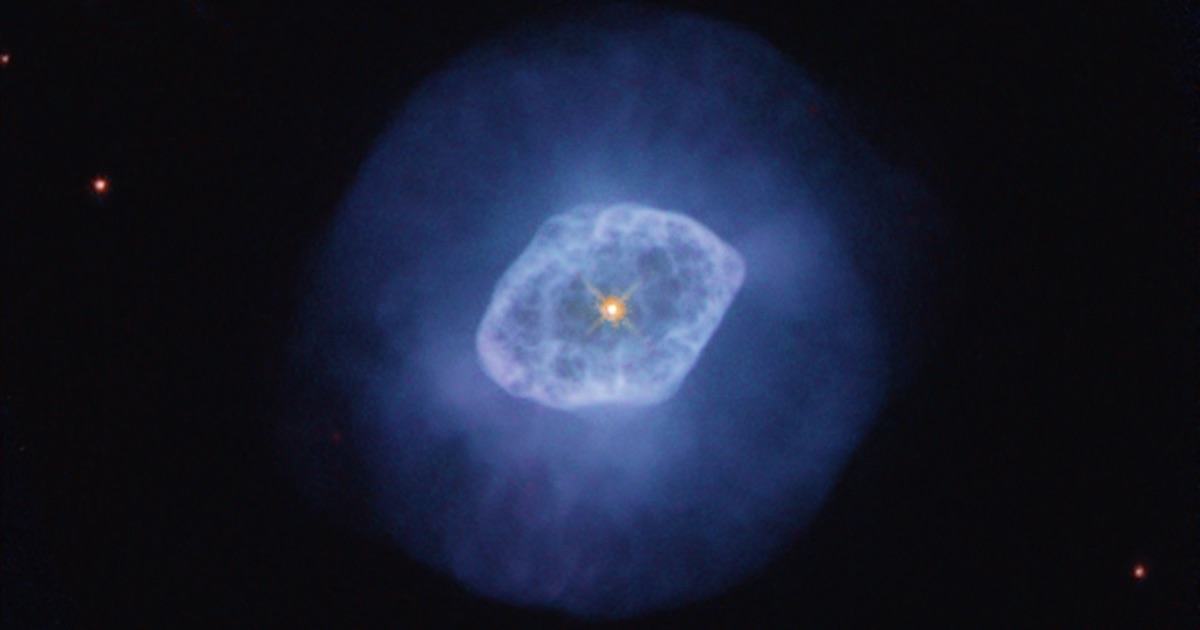
What Is the Evidence for Intelligent Design and What Are Its Theistic Implications?
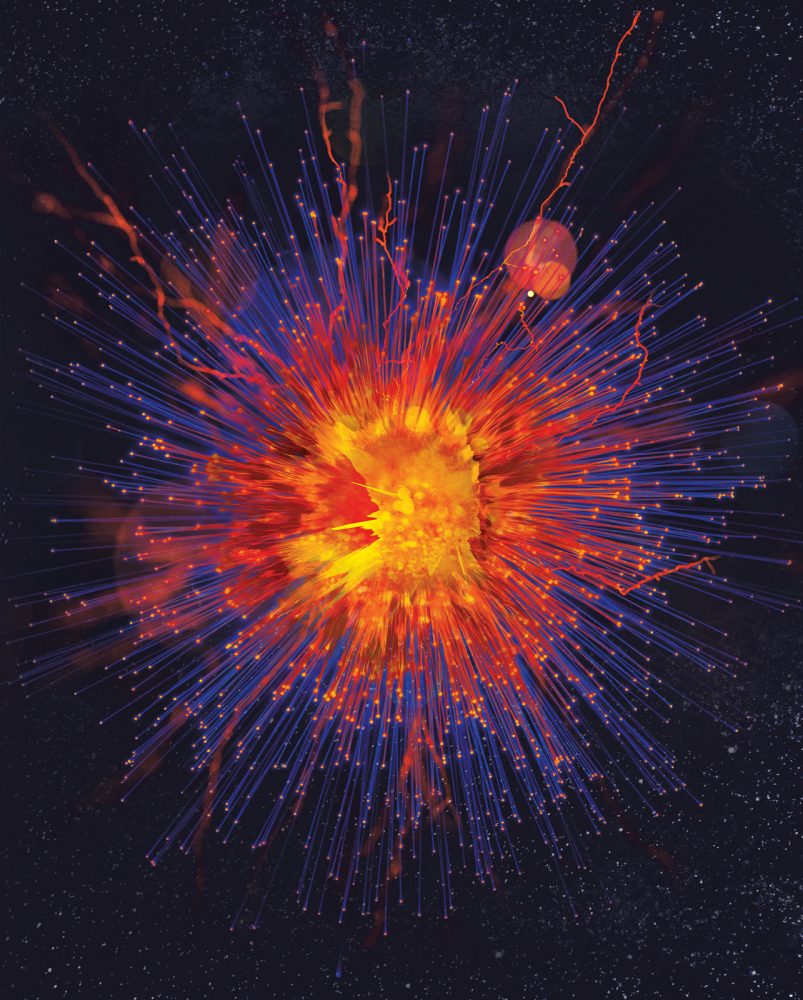
Pt. 4: Stephen Meyer and Skeptic Michael Shermer

Pt. 3: Stephen Meyer and Skeptic Michael Shermer

Pt. 2: Stephen Meyer and Skeptic Michael Shermer

Stephen Meyer and Skeptic Michael Shermer, Pt. 1

Thomas Jefferson’s Embrace of Intelligent Design

Pat Flynn, Stephen Meyer, and the Return of the God Hypothesis, Pt. 2
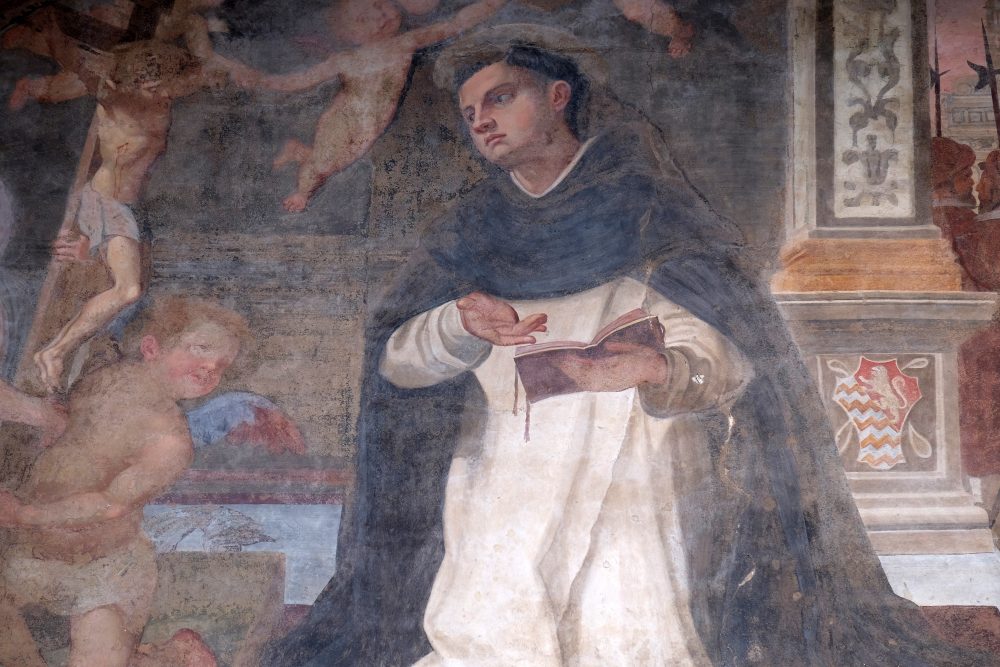
Pat Flynn and Stephen Meyer Talk Thomism and Intelligent Design

Science and Faith: Stephen Meyer on the Marc Bernier Show

Return of the God Hypothesis: Q&A with Stephen Meyer, Pt. 2

Return of the God Hypothesis: Q&A with Stephen Meyer, Pt. 1

God Hypothesis Returns: Frank Turek and Stephen Meyer Report

Stephen Meyer Defends His New Book to Cosmologist Brian Keating, Pt. 3

Stephen Meyer Defends His New Book to Cosmologist Brian Keating, Pt. 2

Stephen Meyer Defends His New Book to Cosmologist Brian Keating, Pt. 1
